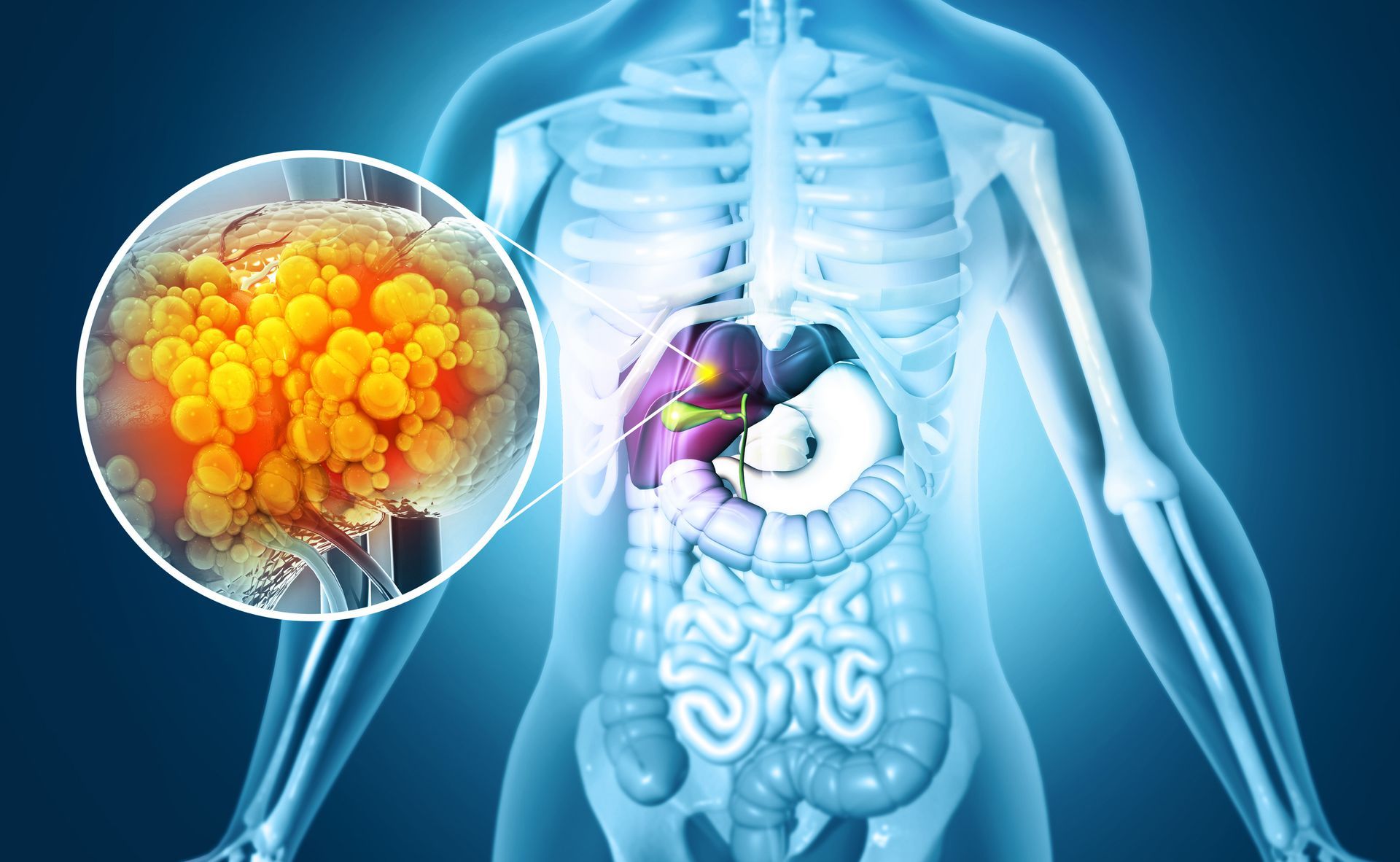Colon and Rectal Cancer Screenings: The Most Recent Guidelines
Since 2004, there has been a disturbing health trend among 20 to 54-year-olds in the U.S.: Colon and rectal cancer rates have increased. After steadily declining for decades, reports show that diagnoses actually went up by a full percent in the decade between 2004 and 2014. Given advances in healthcare, screening, and treatment, an increase in incidence of any major disease is surprising and warrants serious consideration and action. In the case of colon and rectal cancer, this action has come in revised screening guidelines from the American Cancer Society.
In years past, average risk patients have been urged to have their first colonoscopy performed at 50 years old, as up to 90 percent of all colorectal cancer diagnoses come in individuals over this age. However, with the realization that cancer rates are rising significantly in younger adults, thinking surrounding colonoscopies and similar tests have begun to change. Here are the new screening guidelines from the American Cancer Society, with recommendations based on age:
While the age for average risk patients to begin screening may have changed, it is important to note that recommendations for high-risk patients remain the same. In these individuals, the need for colon and rectal cancer screenings is determined on a case-by-case basis. The factors most likely to influence patient risk and warrant a younger recommended screening age include:
- Personal or family history of polyps or colorectal cancer
- Inflammatory bowel diseases such as Crohn’s or ulcerative colitis
- Hereditary colorectal cancer syndromes such as familial adenomatous polyposis (FAP) or Lynch syndrome
These same factors may also determine the frequency with which screening is needed. Whereas average risk patients with clean screening results are typically recommended to repeat their colonoscopy every 10 years, high-risk patients may need screening as often as once a year.
If you are under the age of 45 and are unsure of your own risk for developing colorectal cancer, speak with your physician. He or she can help you examine the factors that matter most, and determine the age at which your screenings should begin. And, if you are 45 or older and have yet to undergo your first screening, request an appointment with a gastroenterologist to discuss your options and to schedule this critically important health test.
At
Digestive Diseases Center , all of
our gastroenterology physicians are board certified and ready to help you take the best possible care of your colon and rectal health. Get started by clicking below to request an appointment.
CONTACT
850-763-5409
ADDRESSES
4 LOCATIONS
204 E 19th Street, B, Panama City
12216 Panama City Beach Pkwy, D, Panama City Beach
4295 3rd Ave, Marianna
101 Good Morning St., 109B, Port St. Joe
Subscribe to our newsletter:
subscribe to our newsletter
We will get back to you as soon as possible.
Please try again later.




